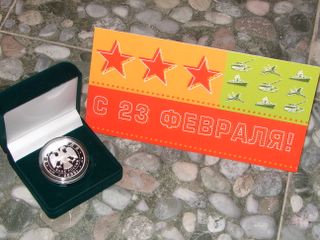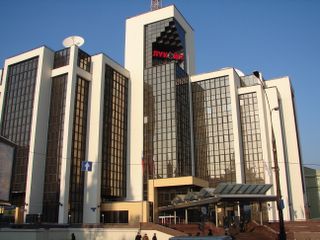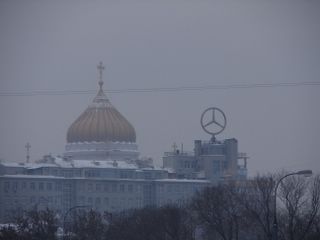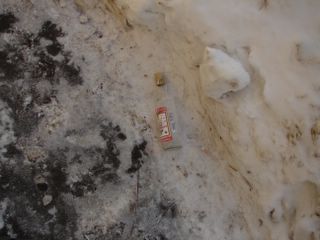Tea with a Billionaire
Today, my Fellowship group met with Mikhail Fridman. He is the chairman of Alfa Group, a massive financial-industrial group that includes Alfa Bank, TNK-BP, VimpelCom, Perekriostok, and a host of other companies. Business activities span commercial and retail banking, oil and gas, telecommunications, and consumer retail, respectively. As such, he is the grand patron of the Alfa Fellowship Program.
Our meeting took place at his executive offices in central Moscow. We were served tea by an impeccably dressed butler while we waited briefly for his appearance in a very nice conference room.
We had a wide-ranging hour-long conversation that began with his vision of why and how the Fellowship was started. In his experiences with Americans at very high levels, he found that there was no Russian language capability at all. More egregiously, he found his contacts in the US to be woefully misinformed about life in contemporary Russia (as opposed to the Soviet Union). And that was exactly his point – life had changed dramatically in Russia, but the comprehension of it by its most important counterpart had not changed a single bit.
It’s an absolutely dead-on-the-money characterization, yet he’s one of the very few people who are actually doing something about it. I can’t possibly give him enough praise in this respect.
Mikhail Maratovich was very down to earth and open with us. At one point, he popped up out of his chair to turn on an additional set of conference room lights. After all, this is the first generation of Russian billionaires – Mr. Fridman started out washing windows in Ukraine when Gorbachev first legalized individual business activity in the mid 1980’s.
Some 20 years later, he’s one of Russia’s richest men and telling a room full of Americans about his vision for the future. Nice career path.
He wanted our input on what we would change about the Fellowship Program. Again, we were presented with the idea that more time in the provinces would instill a deeper understanding of the “real” Russia. After all, he said, Moscow is a fully cosmopolitan city that may be largely indistinguishable from – say – Buenos Aires.
There’s certainly a degree of truth to that line of thinking. But with all due respect to Mikhail Maratovich, that is overstating the case.
On the way to the metro this morning, I passed a small outdoor market place. A vendor had a drunk firmly by the collar and was calling for the police. The drunk, and several of his friends, had just stolen something from the vendor’s table. This particular merchant sells army surplus tools and other implements. I looked in the drunk’s open coat and saw what he had stolen – a hatchet.
Normally, I might hang around a few feet away to see what might transpire. But the raised voices and presence of a hatchet in the hands of a marginal member of society made me practically run for the metro entrance.
This was one block from the Kremlin.
Not far from Mr. Fridman’s office, I saw some workers attending to a downspout. They were banging it with a hammer and loosening up the ice inside. As chunks of ice cascaded out, they freed a thick black electrical wire. Then, they banged on that with hammers, too. Perhaps the electrical cord is there to prevent ice build up, I don’t know. But I do know that several chain smoking men in an icy puddle were on the verge of possibly electrocuting themselves. One fellow, the guy with a large toolbox, stood on the other side of the sidewalk and refused to go anywhere near the menacing black cord.
So as much as I understand the argument that Moscow is not exactly representative of the whole of the country, I must aver that it is awfully damn representative of something. And that something is a unique, crazy, exhilarating, frustrating, exciting reality that’s much closer to Russia than anywhere else in the world.


 Ahh, that's more like it!
Ahh, that's more like it!









